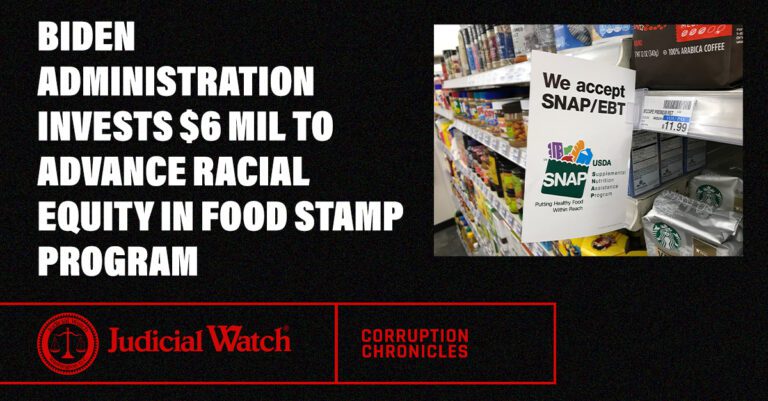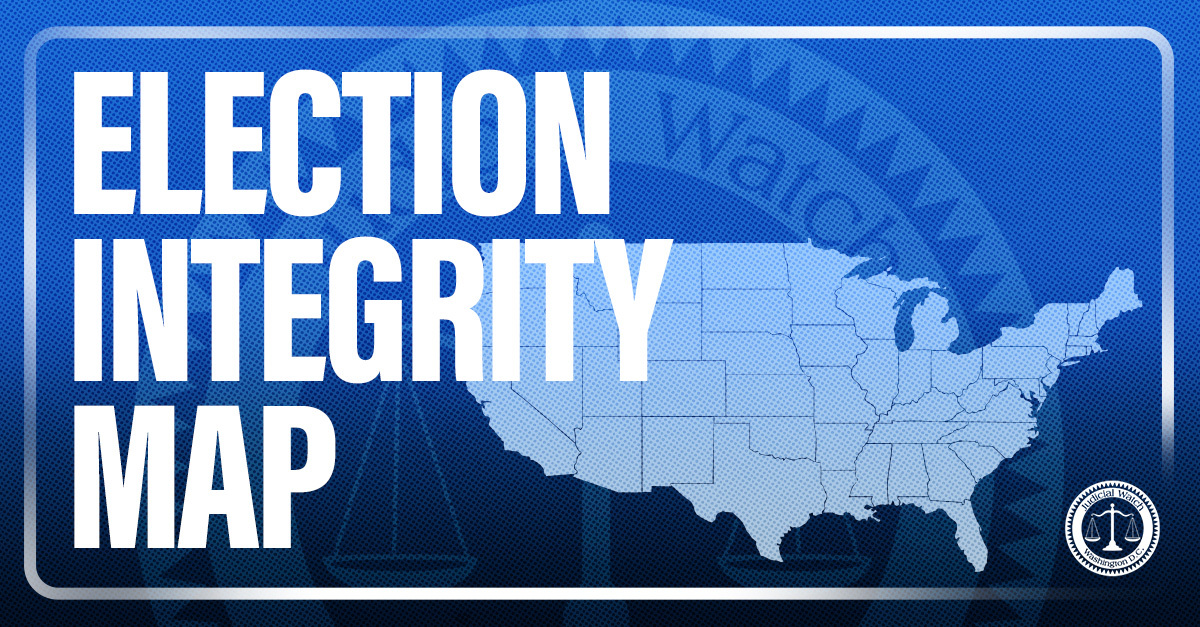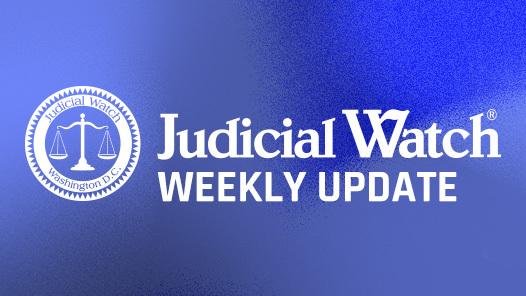
Biden Administration Invests $6 Mil to Advance Racial Equity in Food Stamp Program

The Biden administration is spending millions of taxpayer dollars to advance racial equity in the government’s bloated, multi-billion-dollar food-stamp program that already serves a large minority population. A record 45 million people receive the welfare benefit, according to the latest figures published by the U.S. Department of Agriculture (USDA), at a cost of about $80 billion. This month the administration announced it is investing $6 million to fund data projects centered on identifying inequities in the food stamp program, which was rebranded Supplemental Nutrition Assistance Program (SNAP) by the Obama administration to eliminate the welfare stigma.
The costly project is known as SNAP E&T Data and Technical Assistance (DATA) and its mission is to help states make data-driven decisions to advance equity in the food stamp program. “Throughout the United States, systemic barriers for historically underserved communities have, historically and to this day, led to significant barriers to education, training, and full participation in the labor market,” the Biden administration writes in the grant announcement. “SNAP E&T programs are primed to be leaders in promoting equitable (i.e. race, gender, geographic, sexual orientation, religion, etc.) access to good jobs and sustained family-supporting wages in high-demand career fields for those from historically underserved groups; as measured by educational attainment, households that participate in the SNAP program are the least well-off in the labor market.”
For those unfamiliar with term equity, the document identifies it in a long-winded footnote as the “consistent and systematic fair, just, and impartial treatment of all individuals, including individuals who belong to underserved communities that have been denied such treatment, such as Black, Latino, and Indigenous and Native American persons, Asian Americans and Pacific Islanders and other persons of color; members of religious minorities; lesbian, gay, bisexual, transgender, and queer (LGBTQ+) persons; persons with disabilities; persons who live in rural areas; and persons otherwise adversely affected by persistent poverty or inequality.” The USDA’s Food and Nutrition Services (FNS) plans to support and invest in projects to help states make data-driven decision to advance equity in SNAP programs, the announcement says.
The data complied under the project will help look inwardly at state policy and operational decisions to identify if they have impacts on equitable program participation, according to the grant document. It will look outwardly to build an understanding of the environment in which food stamp recipients and programs operate that may lead to inequitable outcomes for participants of various identities, backgrounds, and geographic locations. Advancing the ability of states to use data to improve and maintain equitable access and outcomes for all participants is the ultimate goal. Once the data has been gathered, it will be analyzed to understand opportunities or disparities for historically underserved communities, the grant document states. It will also incorporate individual, community, political and historical contexts of race, gender, sexual identity, disability status and geographic location to inform recommendations. Appropriate measures will then be developed that allow states to make accurate and timely decisions related to program policies and operations to advance equity as well as equitable participation and outcomes for food stamp recipients.
Last year the USDA launched a Racial Justice and Equity Working Group to address the agency’s “history of systemic discrimination via policies and programs designed to benefit those with access, education, assets, privilege rather than for those without.” A few weeks later the USDA dedicated $1 billion to bring healthy food to underserved minority communities. The allocation is part of a multi-trillion-dollar Biden administration initiative called Build Back Better to supposedly “rescue” and “rebuild” the country by, among other things, tackling racial injustice and inequity. “Black and Latino Americans, Native Americans, immigrants, and women have never been welcomed as full participants in the economy,” according to a White House document outlining the plan. The initiative is broad and features a three-part agenda that includes promoting food stamps. “There is extra money available for food,” Build Back Better assures, encouraging the public to apply for SNAP.

















